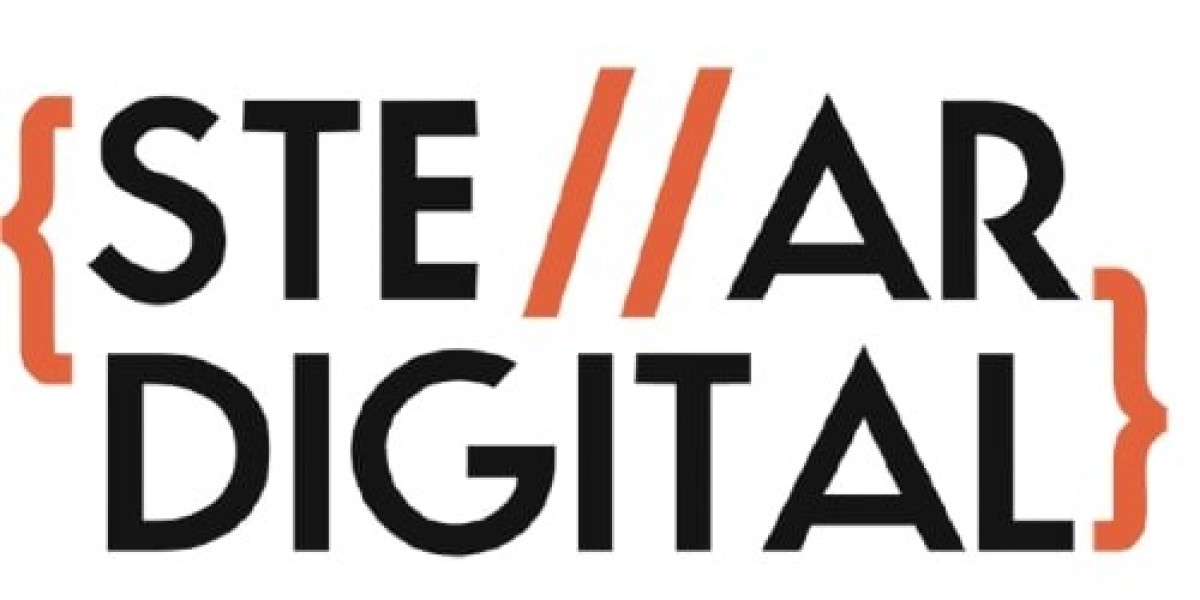Vitamin D, often referred to as the “sunshine vitamin,” plays a crucial role in maintaining our overall health. It supports bone health, strengthens the immune system, and even influences mood. Despite its importance, vitamin D deficiency is a common health issue affecting millions worldwide. In this article, we’ll explore the signs, causes, and practical solutions to address this deficiency, while also highlighting how monitoring your health with tools like a blood pressure monitor can complement your wellness journey.
Signs of Vitamin D Deficiency
Vitamin D deficiency can manifest in subtle ways, making it difficult to recognize without a blood test. Here are some common signs to look out for:
1. Bone Pain and Weakness
Vitamin D is essential for calcium absorption, which strengthens bones. A deficiency can lead to bone pain, muscle weakness, and in severe cases, conditions like osteoporosis or rickets in children.
2. Fatigue and Low Energy
Chronic fatigue or lack of energy may indicate low vitamin D levels. Without adequate vitamin D, your body may struggle to maintain optimal energy production.
3. Frequent Illness
A weakened immune system is another telltale sign. Vitamin D helps your body fight off infections, so if you find yourself getting sick often, a deficiency could be the culprit.
4. Mood Changes
Low levels of vitamin D have been linked to mood disorders such as depression and anxiety. This is because vitamin D influences the production of serotonin, the hormone that affects mood stability.
5. Slow Wound Healing
If cuts or wounds take longer than usual to heal, it may be due to insufficient vitamin D, which is critical for tissue repair and inflammation control.
6. Hair Loss
While hair loss can result from various factors, severe vitamin D deficiency has been associated with alopecia areata, an autoimmune condition that causes significant hair loss.
Causes of Vitamin D Deficiency
Several factors contribute to vitamin D deficiency, ranging from lifestyle choices to medical conditions:
1. Limited Sun Exposure
The body produces vitamin D when skin is exposed to sunlight. People who spend most of their time indoors, live in regions with limited sunlight, or consistently use sunscreen are at higher risk.
2. Dietary Insufficiency
While some foods contain vitamin D, it can be challenging to get enough through diet alone. Those who follow a vegan or vegetarian diet are particularly at risk since natural sources like fish, eggs, and fortified dairy products are often excluded.
3. Age and Skin Type
As we age, the skin becomes less efficient at synthesizing vitamin D. Additionally, individuals with darker skin have more melanin, which reduces the skin's ability to produce vitamin D from sunlight.
4. Obesity
Vitamin D is fat-soluble, meaning it gets stored in fat tissues. In individuals with obesity, this storage mechanism can reduce the amount of bioavailable vitamin D in the bloodstream.
5. Certain Medical Conditions
Conditions such as Crohn’s disease, celiac disease, and kidney or liver disorders can impair vitamin D absorption or activation in the body.
6. Medications
Certain medications, like corticosteroids and anticonvulsants, can interfere with the body’s ability to metabolize vitamin D.
Solutions for Vitamin D Deficiency
Fortunately, there are effective ways to combat vitamin D deficiency and restore optimal levels. Here are some solutions:
1. Increase Sun Exposure
Spend 10-30 minutes in the sun several times a week, depending on your skin tone and location. Focus on exposing larger areas of skin, like your arms and legs, to maximize vitamin D production.
2. Incorporate Vitamin D-Rich Foods
Add foods rich in vitamin D to your diet, such as fatty fish (salmon, mackerel, tuna), egg yolks, and fortified foods like milk, orange juice, and cereals.
3. Take Supplements
For those unable to get enough vitamin D through sunlight or diet, supplements can be a safe and effective option. Consult your healthcare provider to determine the right dosage for your needs.
4. Maintain a Healthy Weight
Achieving and maintaining a healthy weight can improve the bioavailability of vitamin D in your body. Combining a balanced diet with regular exercise can help achieve this goal.
5. Monitor Your Overall Health
Deficiency in vitamin D can contribute to or exacerbate other health issues. Using tools like a blood pressure monitor can help track and manage conditions such as hypertension, which may be indirectly influenced by vitamin D levels.
6. Treat Underlying Conditions
If a medical condition is affecting your vitamin D absorption or metabolism, addressing the root cause is crucial. Work with your doctor to develop a treatment plan tailored to your specific needs.
The Role of Vitamin D in Heart Health
Emerging research suggests that vitamin D plays a role in cardiovascular health. Deficiency may contribute to high blood pressure, a risk factor for heart disease. While direct evidence is still being studied, maintaining adequate vitamin D levels is a proactive step in supporting heart health. Pairing this with regular monitoring of your vitals, such as using a blood pressure monitor, can provide a comprehensive view of your cardiovascular well-being.
Prevention Is Better Than Cure
Preventing vitamin D deficiency is easier than treating its long-term effects. Regular health check-ups, including blood tests to measure vitamin D levels, are crucial. Simple lifestyle adjustments, such as spending more time outdoors and eating a balanced diet, can go a long way in preventing deficiency.
Conclusion
Vitamin D is an essential nutrient that supports many aspects of health, from bone strength to immune function. Recognizing the signs of deficiency and addressing its causes through lifestyle changes, diet, or supplements can help you maintain optimal levels. Additionally, keeping an eye on your overall health using tools like a blood pressure monitor ensures a proactive approach to wellness. By taking these steps, you can improve your health, enhance your quality of life, and reduce the risk of complications associated with vitamin D deficiency.



